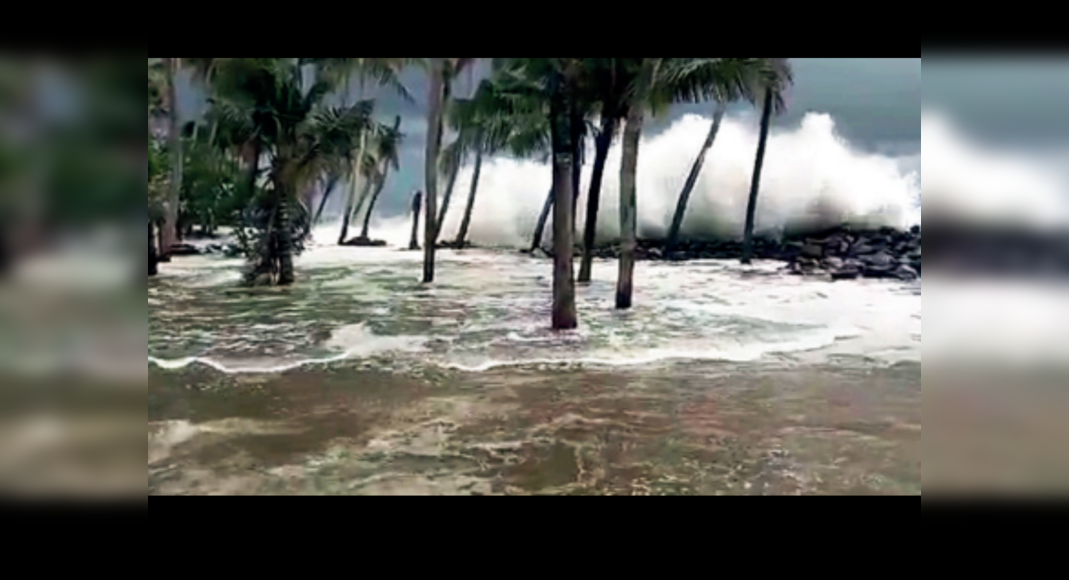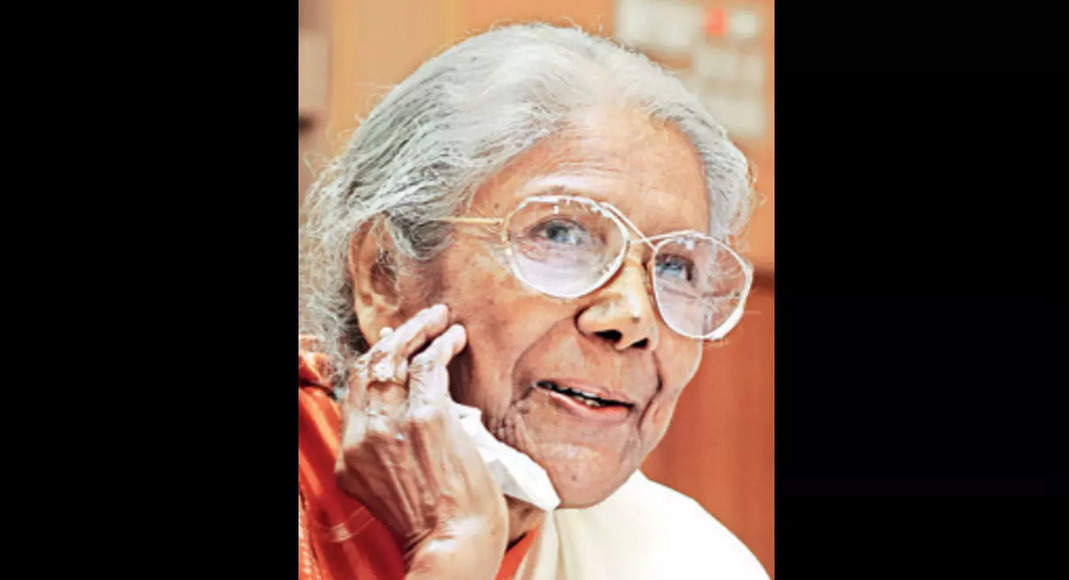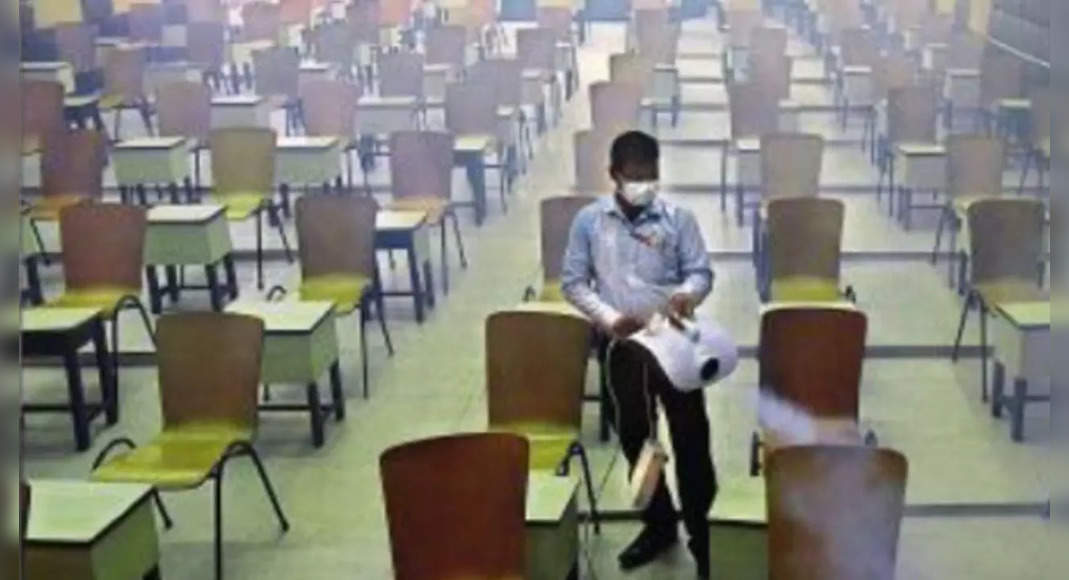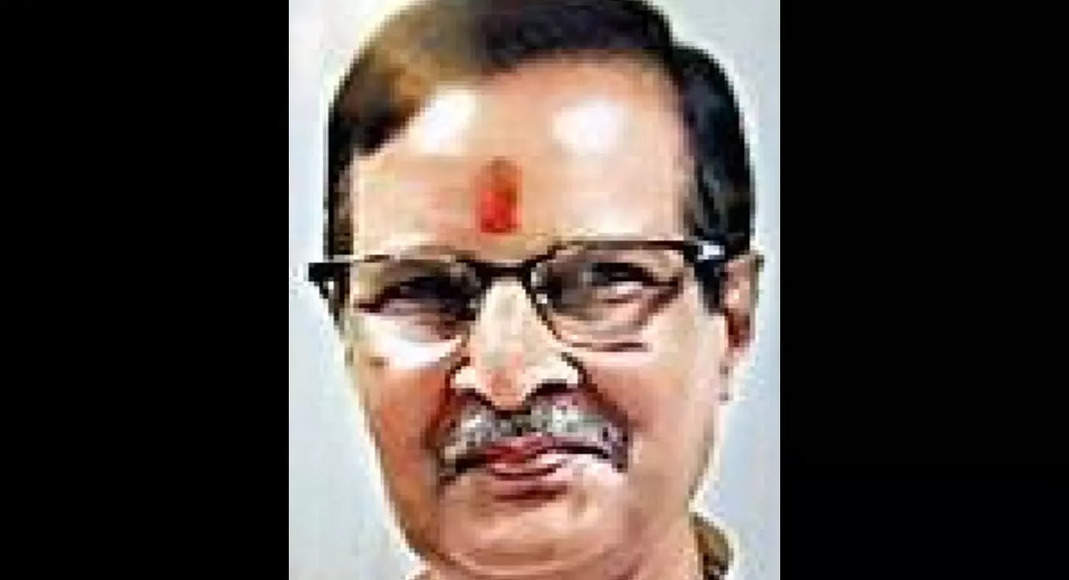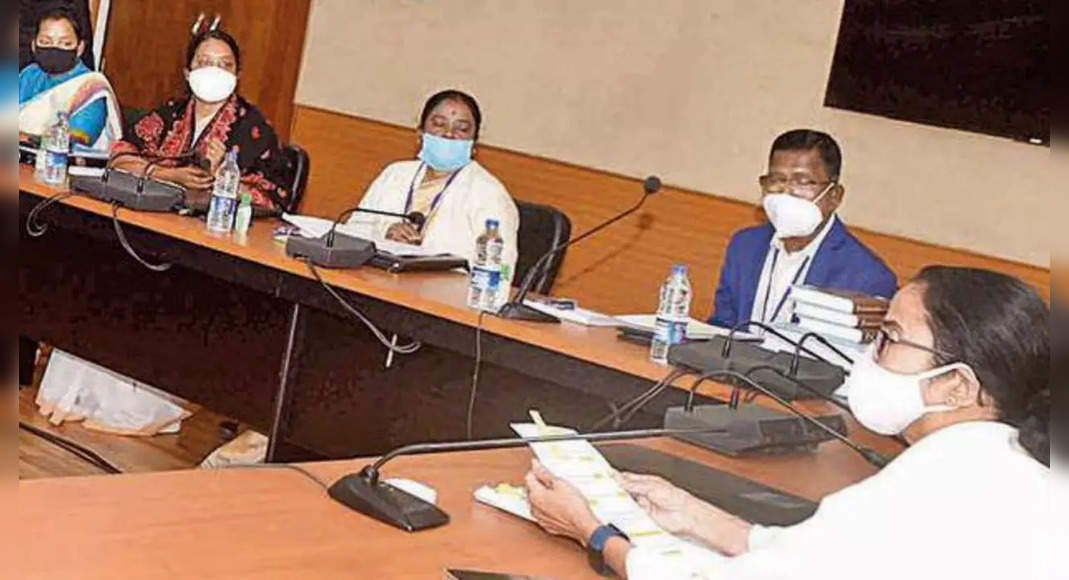KOLKATA: The state government has drawn up a Rs 120-crore East Kolkata Wetland Management Plan to save the “lungs and kidney” of the city, said Vivek Kumar, additional chief secretary, environment department at a programme organized by West Bengal Pollution Control Board on Saturday, the World Environment Day.
The plan, which has been drafted with the help of experts, will be implemented in the next five years.
“It is because of the wetland that we don’t feel water scarcity the way other Indian cities do.
It has been recharging ground water of the city, despite daily withdrawal.
It naturally purifies the waste water of the city and discharges it in rivers.
Otherwise, we would have had to pay a few thousand crores to treat effluent,” Kumar said.
He pointed out that the plan included encouraging farmers to go organic.
“We will ask them not to use chemical fertilizers and pesticides to preserve the rich EKW biodiversity,” said Kumar.
Minister in charge of environment Ratna De Nag agreed that saving EKW was their priority.
Kumar pointed out that the onslaught of Amphan and Yaas has changed the alignment of Bengal’s coastline.
“In some places, the sea has eroded into more than 300 metres inland.
We have drawn up ‘Shankarpur-Digha Coastal Management Plan’ to reclaim land, strengthen our embankments in sustainable manner.
Replicating the success of planting 5 crore mangrove plants in the Sundarbans, we will plant 5 crore mangroves in Digha-Shankarpur and the riverine areas of N 24 Parganas,” he added.
WBPCB chairman Kalyan Rudra described how people had destroyed the biodiversity, “accelerating the end of human civilization”.
“The Covid virus has brought the world to its knees.
We may have to face numerous such threats, if we don’t care about the environment immediately,” he said.
On the eve of the World Environment Day, the National Green Tribunal reopened a case filed by environmentalist Subhas Dutta for non-compliance of its earlier orders in coastal Bengal.
NGT bench comprising justice B Amit Sthalekar (judicial member) and Saibal Gupta (expert member) asked the state to file a compliance report in four weeks.
Dutta said, “The sudden disposal of the matter without fixing any responsibility and lack of direction in any major issue have encouraged polluters.”

